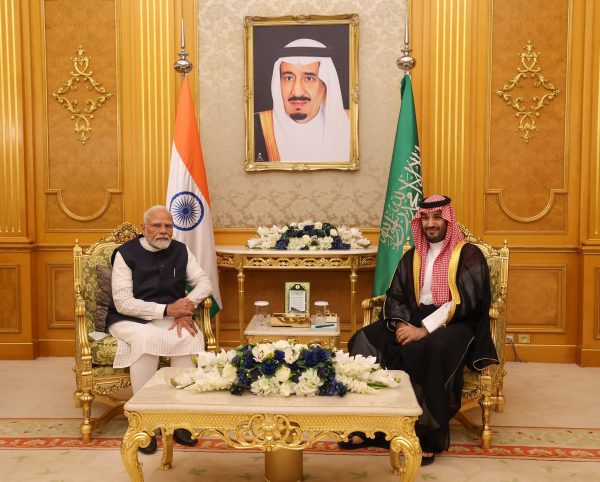As the space for bilateral diplomacy shrinks, many in New Delhi will interpret the neutrality of third-party countries as a pro-Pakistan position.
In the wake of the deadly terror attack in Pahalgam — initially claimed by The Resistance Force (TRF), an affiliate of the Pakistan-based Lashkar-e-Taiba — India-Pakistan relations have deteriorated dangerously. Based on evidence of “cross-border linkages,” the Indian government has blamed the terror attack on Islamabad and acted against it by suspending the 1960 Indus Waters Treaty, among other measures.
Islamabad has denied involvement in the attack and has announced a series of “tit-for-tat” responses, which include holding all bilateral agreements with India, including the 1972 Simla Agreement, in abeyance. The Pakistan Senate even passed a resolution describing the attack as an “orchestrated campaign to malign Pakistan,” suggesting that New Delhi was “exploiting terrorism narratives for political gain.”
In the aftermath of the attack, Indian Prime Minister Narendra Modi received calls from at least 16 foreign leaders, who condemned the attack. Israeli Prime Minister Benjamin Netanyahu came out strongly in support of India, describing the act as an “Islamic terrori
Continue Reading on The Diplomat
This preview shows approximately 15% of the article. Read the full story on the publisher's website to support quality journalism.
